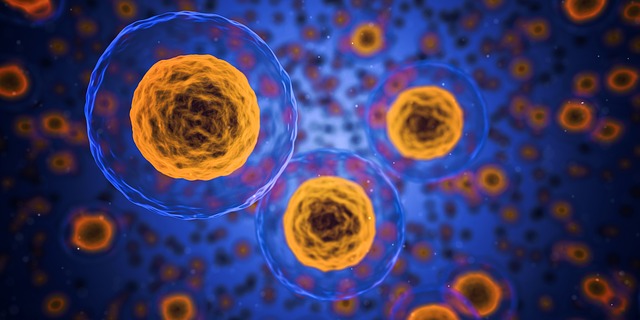
Image Credit: Pixabay
A genetic disorder is a disease caused by an abnormality in a person’s DNA. These abnormalities can be small – such as a mutation in one gene – or they can be extensive, involving an entire chromosome missing (or an extra chromosome added).
There is a wide spectrum of genetic disorders, ranging from very mild to very serious. With some of these conditions, a child’s likelihood of developing the condition is also influenced by external factors. But with some disorders, the child’s potential for inheriting the condition is entirely dependent on the two parents’ DNA.
How Does a Genetic Disorder Occur?
There are three primary reasons a person could develop a genetic disorder:
- Genes passed on from the parents,
- Random genetic mutations,
- Or, a combination of a genetic propensity for the condition and environmental factors.
Genes passed on from the parents: A common subset of this type of disorder is the monogenetic disorders, which are caused by a mutation in a single gene. The mutation could be present in one or both chromosomes, which are inherited from each parent. Cystic fibrosis, sickle cell disease, and polycystic kidney disease are all monogenetic disorders. Monogenic disorders are quite rare when compared to commonly occurring diseases like diabetes and heart disease.
Random genetic mutations: Chromosomal disorders are caused by a deficiency (or excess) of certain chromosomes, or by structural changes within the chromosomes themselves. For example, Down syndrome occurs when the person has an additional copy of chromosome 21, but that extra chromosome contains no abnormal genes. But another chromosomal disorder, called Prader-Willi syndrome, is caused by the absence of a group of genes on chromosome 15. The correct number of chromosomes are present, but one is abnormal. These mutations have a genetic component but seem to develop randomly. Certain risk factors, such as the mother being of advanced maternal age 35 or older at birth, may increase the likelihood of a chromosomal abnormality.
Genetics + environment: Multifactorial inheritance disorders are caused by a combination of inherited variations in genes and environmental factors. Common conditions like heart disease and a number of cancers are examples of this kind of disorder. Many behavioral disorders – like alcoholism, obesity, and mental illness – are also considered to be multifactorial, with more and more research being put into discovering the genetic contribution to these conditions.
How to Test for Disorders During Pregnancy
Though it’s generally not possible to test prenatally for most conditions with a genetic and environmental factor, screenings do exist for parents who wish to assess their child’s risk of a monogenetic disorder or potential chromosomal abnormality.
An NGS panel is a minimally-invasive comprehensive screening that can assess a child’s risk of being born with a genetic condition, based on whether the parents are carriers. The test requires only a blood sample, and can be done at any stage during pregnancy or before. (This is because the mother is being tested, not the baby itself.)
Other testing options can definitively determine whether a genetic disorder is present, but both of these tests do present with a small risk of miscarriage. Chorionic Villus Sampling (CVS), which can generally be performed around 10 weeks, involves removing a small piece of the placenta and analyzing the child’s DNA. Between 15 and 20 weeks, amniocentesis can be performed. In this procedure, a hollow needle is used to extract a small sample of amniotic fluid from the mother.
For potential parents concerned about whether their child might be born with a health problem, it’s important to understand that different types of genetic conditions exist. Having a family history of a medical problem doesn’t necessarily mean that a baby is guaranteed to inherit the condition. Speaking with your doctor about your clinical history and screening options can help you prepare a plan for your pregnancy.
Resources:
https://www.genome.gov/19016930/faq-about-genetic-disorders/
https://www.genome.gov/10000409/genetic-and-rare-diseases-information-center/

